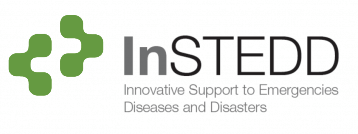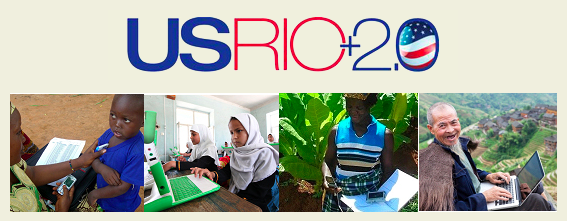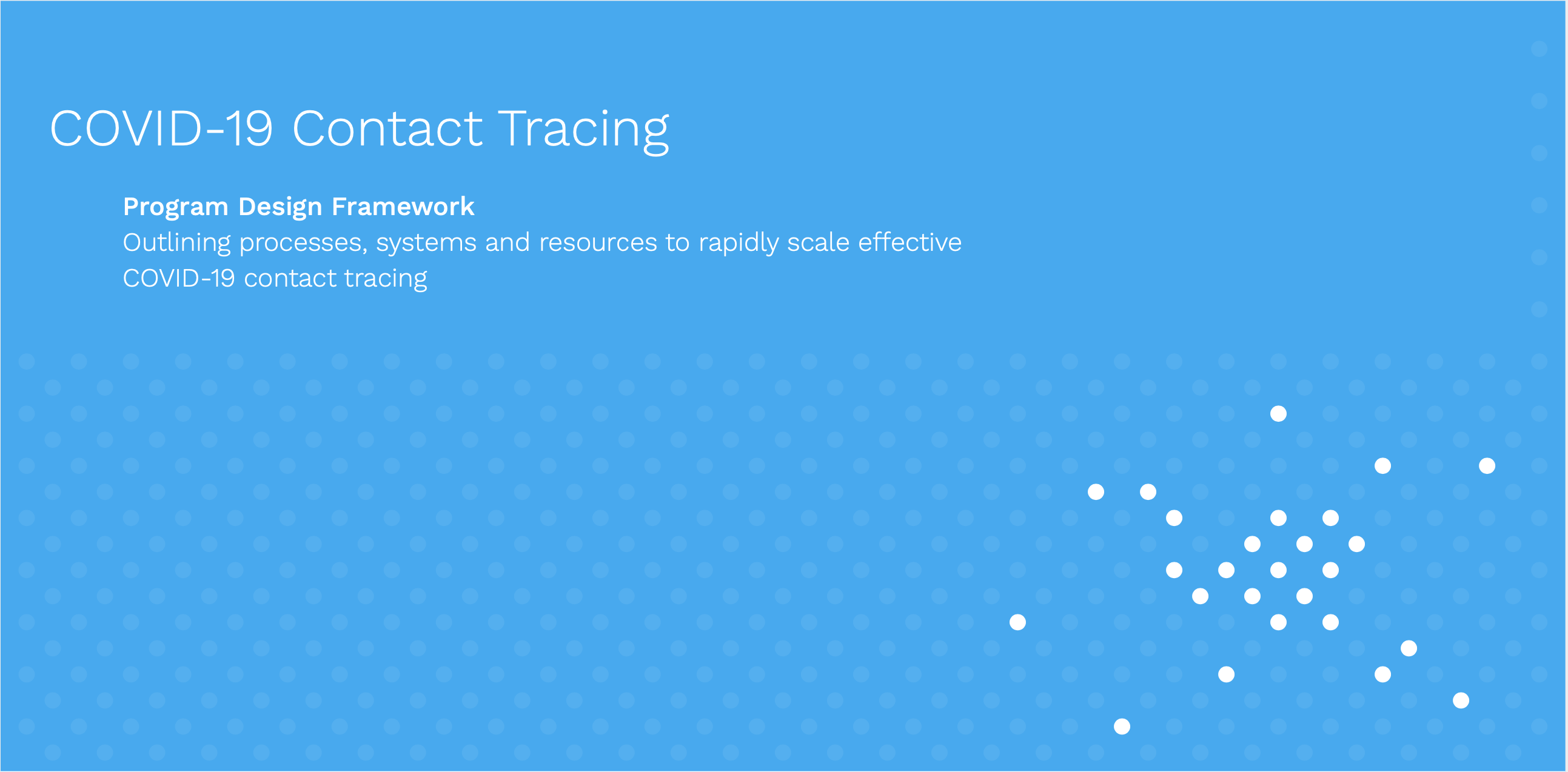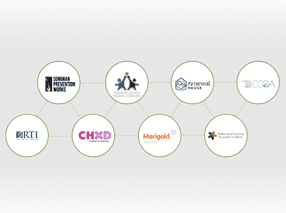Rio 2.0 Demo Alley Conference: Building Technologies for Social Impact
Early this month, InSTEDD was fortunate enough to have participated in the USRio+2.0 Demo Alley event held at the Stanford University, Graduate School of Business. Demo Alley, also known as “speed geeking,” follows a similar format as the well known “speed dating” concept where the purpose is to encourage participants to meet a large number of new people and be exposed to a variety of innovative ideas that help bridge the gap between technology and sustainable development. For this event, participants divided into small groups and each group gathered around a small cocktail-like table to view a short five minute presentation put on by a representative of the organization. After those five minutes, the facilitator rang a bell to signal the group rotation to the next table for another demonstration.
Below is the presentation that InSTEDD CEO, Dennis M Israelski, MD, gave during the Rio 2.0 Demo Ally Conference.
Rio 2.0 Demo Alley Presentation
Below is the transcript from Dr. Israelski’s presentation:
Slide 1: Cover
RIO 2.0 DEMO ALLEY
Building Technologies for Social Impact
Dennis M. Israelski, MD
President & CEO, InSTEDD
Clinical Professor of Medicine, Stanford University School of Medicine
Feb 2, 2011
Slide 2: About InSTEDD
At InSTEDD we envision a world where communities everywhere continuously improve their health, safety and economic development. To achieve this vision we use a social technical strategy to design and build technologies that can lead to solutions for the most challenging problems of our times.
Slide 3: About InSTEDD iLabs featuring the iLab Southeast Asia
InSTEDD’s unique approach has led to the creation of regional Innovation Laboratories also known as iLabs. These are regional assets that support human-centered design and development of technology for long-term social impact. We believe this approach will lead to creative solutions that are locally owned and led. The successful iLab will achieve a triple bottom line of 1) building local capacity 2) maximizing social impact and 3) investing in economic sustainability.
InSTEDD’s iLab Southeast Asia, located in Phnom Penh, Cambodia, was started in 2008 to support the Mekong Basin Disease Surveillance (MBDS) Network; this is a diplomatic pact among 6 Ministries of Health to collaborate on surveillance and response in The Mekong Basin sub region of Southeast Asia—considered a “hot zone” for emerging diseases. InSTEDD’s work with the MBDS resulted in the development of a suite of collaboration tools for early detection, response to disease outbreaks. (e.g., Geochat, Nuntium, Veeglio).
Slide 4-6: Examples
One example of how the InSTEDD iLab Southeast Asia is supporting public health work is through the Malaria Day 0 project. This project represents a partnership of the Ministry of Health’s National Malaria Center, an NGO known as the Malaria Consortium, and the largest telecommunication company in Cambodia. The objective of the pilot project was to build a scalable system for the alerting of malaria infections at the time of diagnosis.
The iLab Southeast Asia team designed and built a system to host reliable data sharing among the key stakeholders to support activities required to meet the National goal for the elimination of Malaria in Cambodia by 2025. It all happens real-time with customized alert text messages being sent by health centers and village health workers simultaneously to the operational district malaria supervisor, the provincial health department and national malaria elimination program.
The system was designed and built by the iLab Southeast Asia staff in less than four months and is currently up and running in 4 operational districts (represents 40 villages and 52 health centers) . The system has completely met the requirements of a 17 step series of end user stories. The system is fully capable of being scaled nationally.
And there is more– Clear visualization of the terrain improves the follow-up of Day Zero infections and will make it possible to better carry out investigations focused on improving epidemiology and entomology.
Slide 7: InSTEDD’s Modern Toolkit
Based on years of experience in human design in some of the most remote and resource constrained places around the world, we have created a flexible, diverse and scalable suite of tools that can be used independently or can be fully integrated. In addition the functionality of these reusable and open source tools can all be extended to multiple problem areas within health (i.e. improvement in achieving the Millenium Development Goals 4, 5, and 6) and other domains to address some of the greatest challenges of our time.
Please see our website to see our suite of tools in more detail.
Slide 8: Closing
Here we have briefly overviewed InSTEDD’s approach to fostering local innovation that can lead to sustainable solutions that address some of the most vexing challenges in Global Health. It’s an exciting time in history where the power of technology can be used to address the greatest threats to communities everywhere. We stand ready and able to assist partners to meet that challenge. Our contact information and materials are available, so please reach out to us if you believe we can be of assistance.






